TRENDING
Millennial Buying Trends That Are Ruining These Once Popular Industries
Published
4 years agoon
Accounting for a quarter of the population of the United States, the Millennial generation – those born between 1981 and 1996 – are a generation quite like no other. They were the first generation to come of age in the online-era and also a generation that witnessed the devastating financial crisis of 2008. Unfortunately, for Millennials, they’re also a generation crippled with student debt. As the current largest living generation, Millennial spending habits can make or break companies and products – and when every dollar counts Millennials make sure they do their research before making any type of investment.
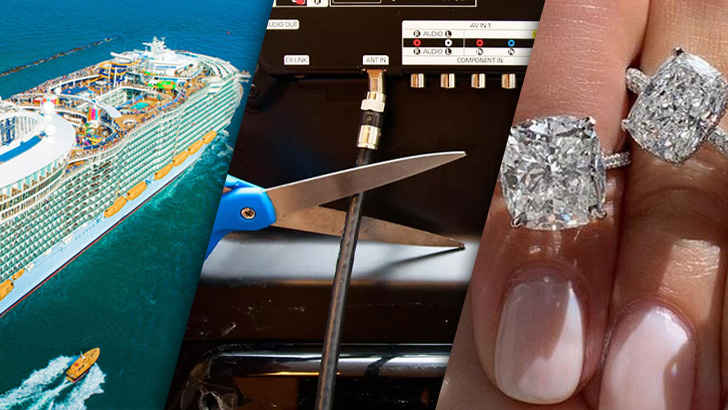
Although Millennials have received a bad rap as an avocado-toast-munching, hipster-beard-sporting, boomerang generation, the reality is that Millennials hold enough clout in the market-place to change how we shop and what we shop for. From wardrobes to yogurt, vacations to gambling, here are some of the things Millennials refuse to spend their hard-earned cash on.
Soda
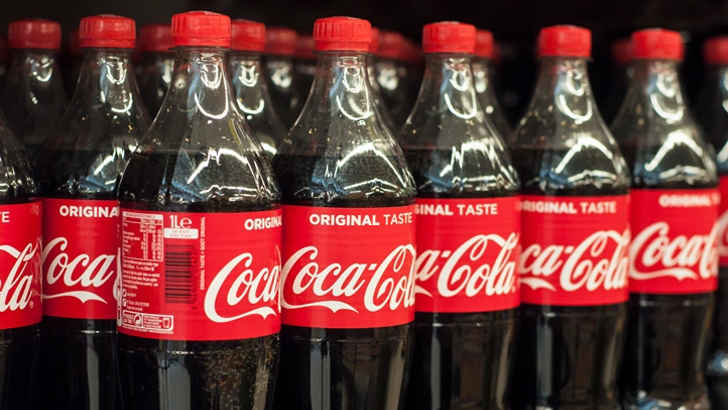
High calorie, sugary soda just isn’t cutting it for millennials, who prefer to quench their thirst with something a little more healthy. While soda sales have been on the decline for the past ten years, sales of flavored seltzer water have increased dramatically along with energy and sports drinks. It’s no surprise millennials are opting for healthier options – after all, they have been referred to as the “wellness generation.”
Lottery Tickets
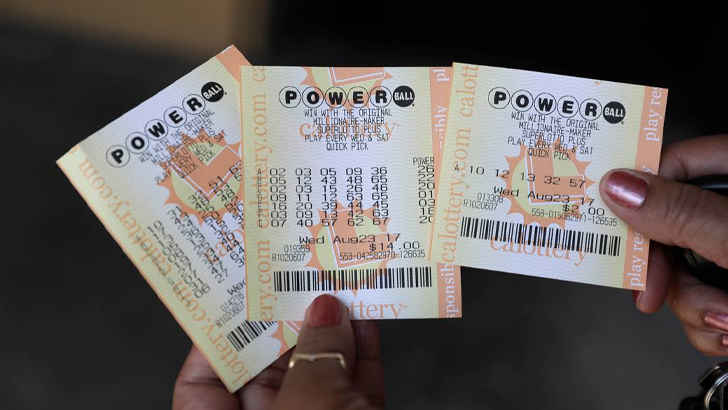
Millennials are all about convenience, so it’s really no surprise they don’t spend a lot of money on lottery tickets. Trying to win that life-changing million bucks does require one to actually step foot inside a store, or a gas station, instead of ordering online. Millennials prefer digital games and experts suggest the lottery industry needs to make a shift in that direction if they want to continue growing.
Irons
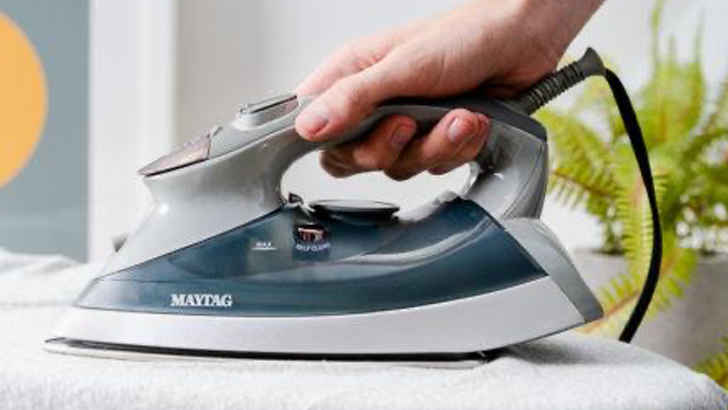
Visitors to any millennial home may find one appliance missing – an iron! Thanks to the ever-popular athleisure trend and more wrinkle-free fabrics, the days of having to whip out an iron and bulky ironing board are long gone. Should millennials have a desire to smooth out any wrinkles they opt instead for hand-held steamers, or throw their clothes for a quick spin in the dryer.
Red Meat
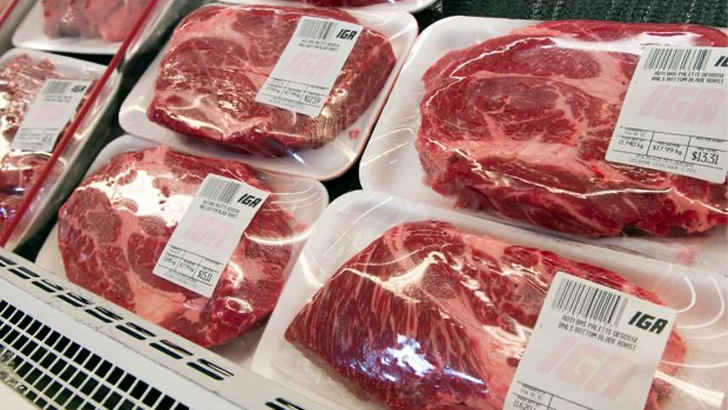
According to Forbes, Millennials are driving the worldwide shift away from red meat as they opt for healthier lean proteins and more plant-based options. New data from YouGov found that Millennials are more likely to choose vegetarian, or plant-based meals throughout the week in an effort to minimize their climate footprint. 20 percent of Millennials report changing their diet to reduce their impact on the planet.
Cable TV
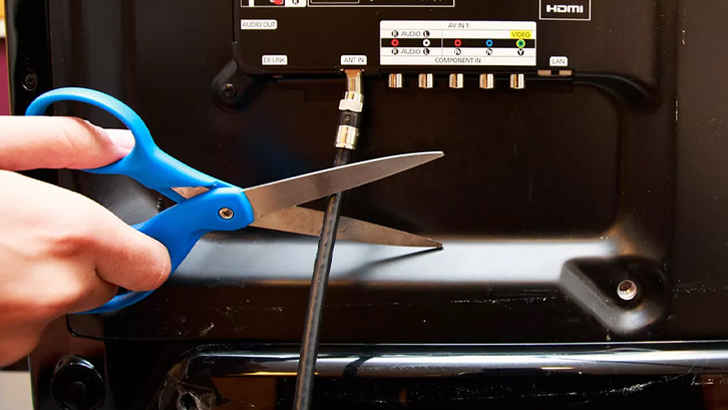
Millennials were the front-runners in cutting the cord and ditching cable TV in favor of streaming services. A recent study from Verizon found that 1 in 5 Millennials have never subscribed to a cable TV service and sadly, for cable TV providers, other generations are beginning to take note. Streaming services such as Netflix, Hulu and Apple TV not only provide an immediate variety of choices, they also allow Millennials to fit in content around their own busy schedules and indulge in that oh so satisfying binge-watching sesh.
Buying a Car
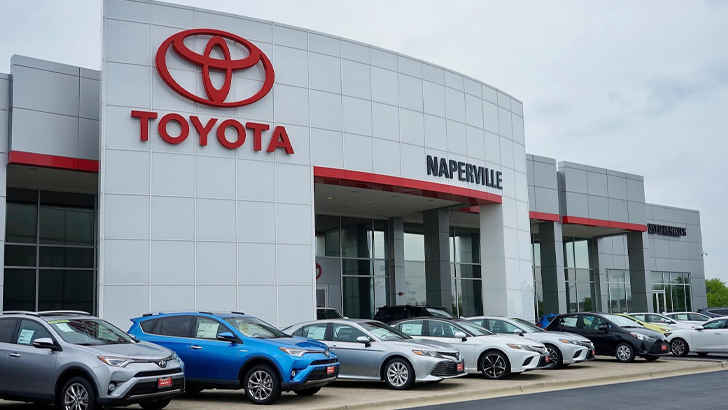
The Millennial generation carries almost $500 billion in student loan debt alone and the heavy burden of financial responsibility means Millennials are wary of making large financial purchases when there are other options available. Many Millennials are deciding to forgo getting a driver’s license completely. Instead, many Millennials are opting for public transportation and ride share apps such as Lyft and Uber as a way to cut costs associated with car payments, gas and insurance.
Fast Food
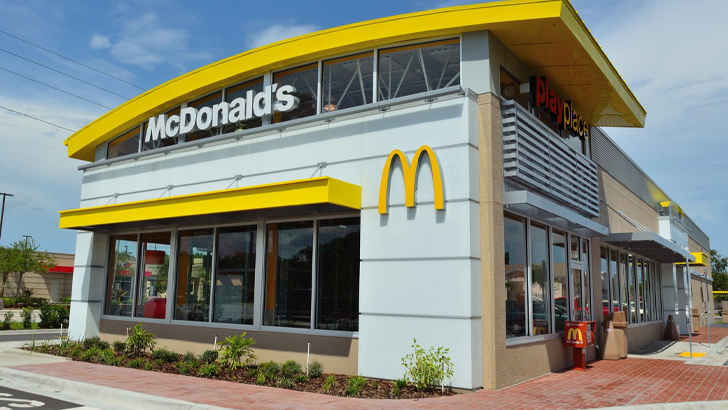
Millennials are not only a health-conscious generation, they’re also adventurous when it comes to the type of fast-food they want to spend their cash on. The “wellness generation” is more inclined to ditch the iconic American burger and fries in favor of Mexican food, sushi, pizza and plant-based options.
Motorcycles
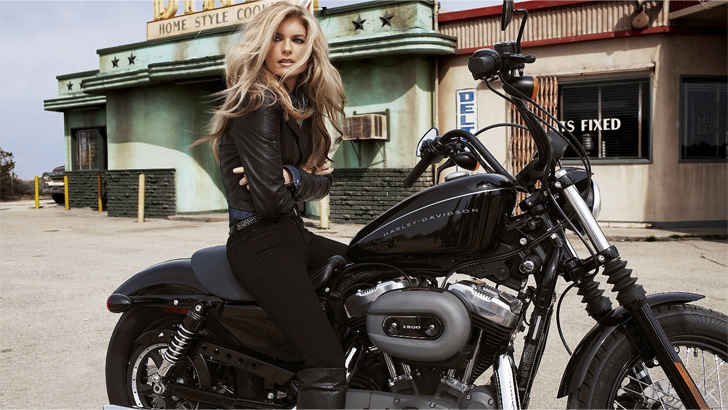
When you’re living paycheck-to-paycheck, splurging on a pricey Harley Davidson – and the insurance costs associated with riding a motorcycle – just doesn’t cut it for the average Millennial. Older generations may view Harley’s as a passion, whereas Millennials just want something to get them from A to B. The cheaper answer to that – and one that has seen an increase in popularity – is the electric scooter, which Millennials also feel is better for the environment.
Fabric Softener
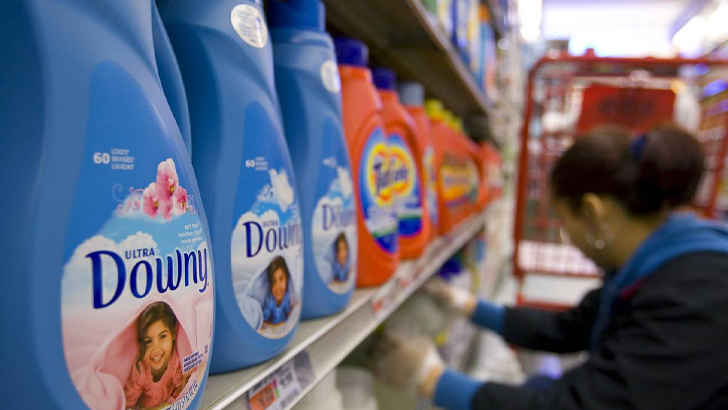
Despite the current commercials evoking the nostalgic smell of your favorite childhood fabric softener, Millennials just don’t see the point of it. Fortunately for Millennials, today’s washing machines and detergents are more than capable of keeping their favorite hoodie soft and fluffy without incurring the added expense of fabric softener.
Department Stores
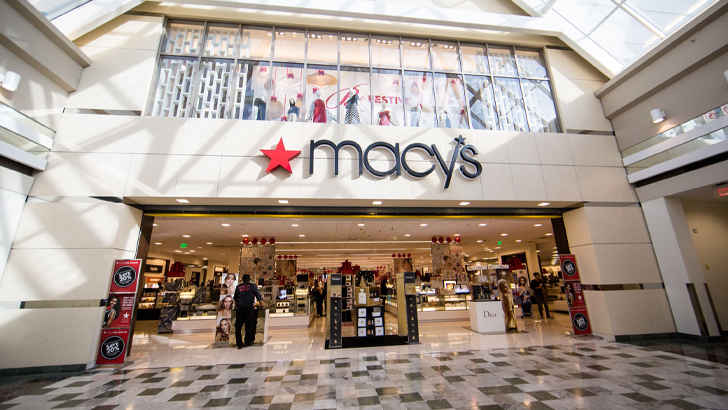
Millennials are leading the pack when it comes to online sales and that means the slow, dwindling demise of the great American department store. Online shopping offers Millennials something department stores can’t – convenience and the ability to shop around for the best price from the comfort of their own home. According to JungleScout, a whopping 91 percent of Millennials prefer to shop online and they often refer to reviews and testimonials before purchasing a product.
Bar Soap
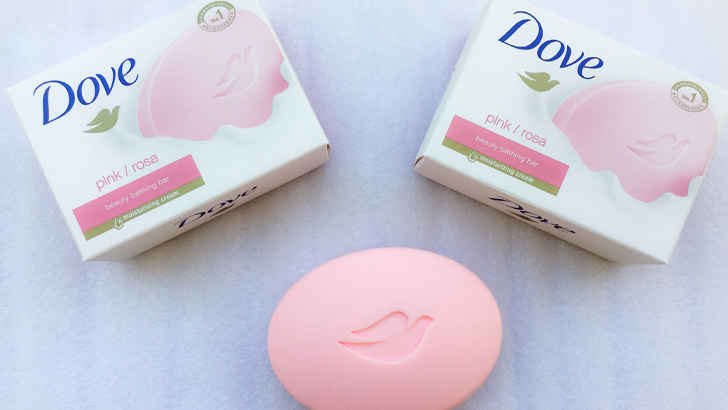
Although less packaging means bar soap is probably better for the environment, Millennials view it as less hygienic compared to bottled soap and body washes. According to MarketWatch, 60 percent of Millennials view bar soap as a haven for germs and would rather lather up with body wash instead.
American Football
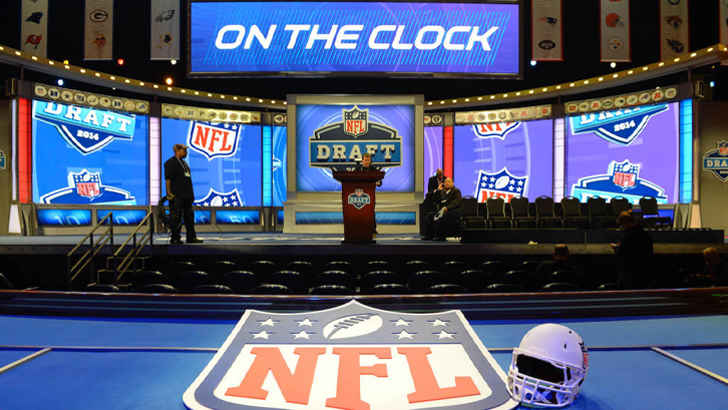
According to Insider, a recent study found that four out of five Millennials stated they were less trusting of the NFL than basketball, baseball, hockey or NASCAR and that means less Millennials tuning in, or paying for tickets to watch a football game.
Razor Blades
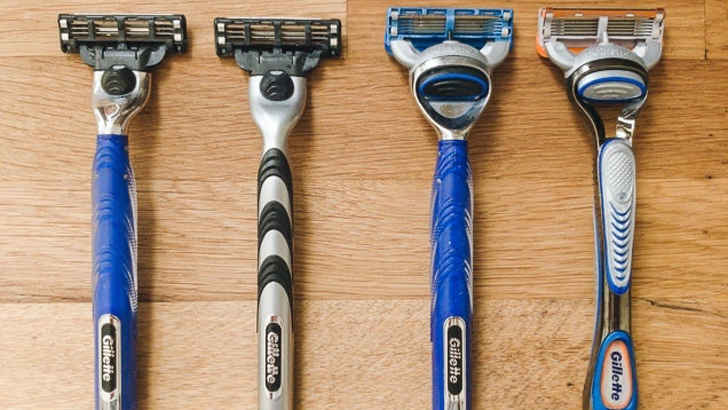
While the hipster beard may be the iconic look of many a Millennial male, it also means this generation is ditching razor blades at an alarming rate as they favor a more au naturale look. A recent report from the New York Post suggests Millennial men are killing the razor industry with their trendy beards.
Cereal
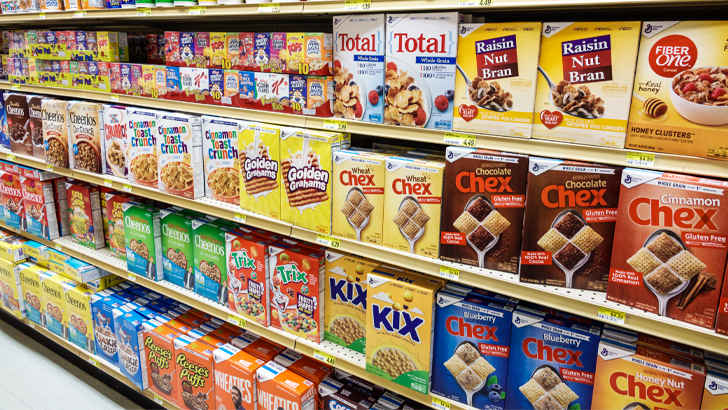
Millennials are well known for their penchant for avocado toast, so it’s no surprise they steer clear of sugary breakfast cereals. While some of that may be due to wanting to live a healthier lifestyle, the New York Times suggest Millennials are ditching cereal because they don’t want to clean up afterwards. Whether that’s true or not, another factor in a slow-down of cereal sales could be due to the popularity of intermittent fasting and skipping breakfast.
Formal Work Wear

Gone are the days of high-powered business suits as casual wear becomes more and more accepted in the corporate world. With the rise of remote working (thanks 2020), business suits are no longer a necessity for the average Millennial who can stay in their PJ’s all day if desired!
Yogurt
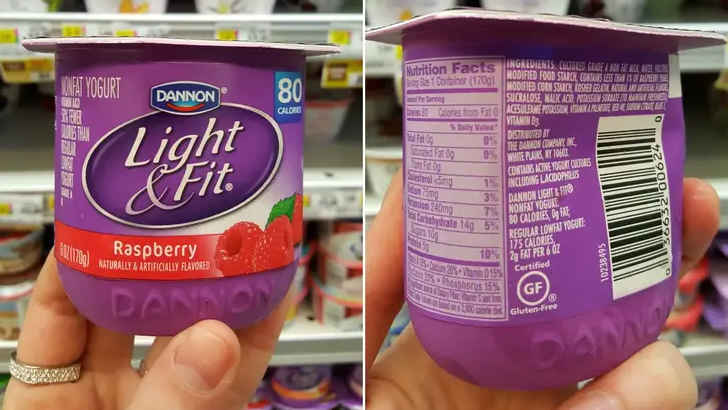
Yogurt, in particular light yogurt, isn’t a huge hit with Millennials who realize that “low fat” oftentimes equates to lots of sugar – and that’s something they try to avoid. Millennials are more likely to opt for full-fat Greek Yogurt they can use to whip up a batch of overnight oats, or add their own fresh fruit to.
Golf
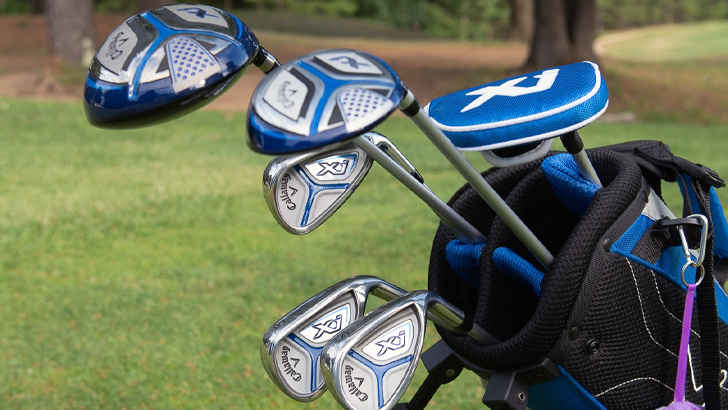
Spending an afternoon hitting balls on the golf course isn’t as popular with Millennials as it is with older generations. Not only is golf still considered a relatively expensive sport – pricey memberships and the required purchase of costly golf clubs – Millennials also don’t buy into the exclusivity of belonging to a prestigious country club. Should they wish to enjoy a quick round of golf, Millennials are more likely to choose a pay-as-you-go option.
Diamonds
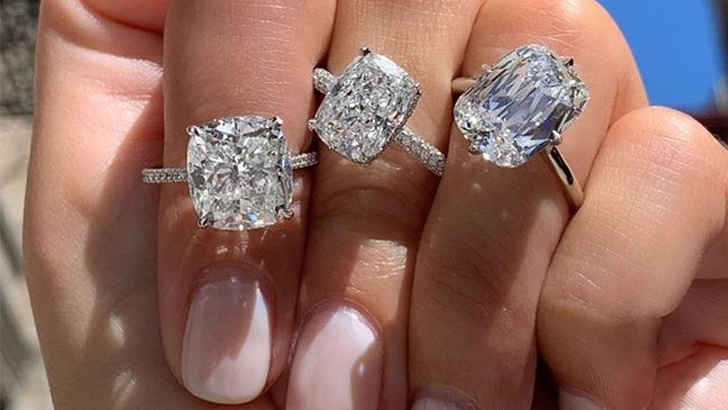
There was a time when sporting a huge diamond engagement ring was seen as the ultimate display of marital bliss, but with traditional marriage on the decline among Millennials diamond sales have experienced a sharp slow-down. If Millennials do tie the knot, they’re more likely to choose a ring that showcases their own individuality, opting for different and unique gemstones over a traditional diamond instead.
Gyms
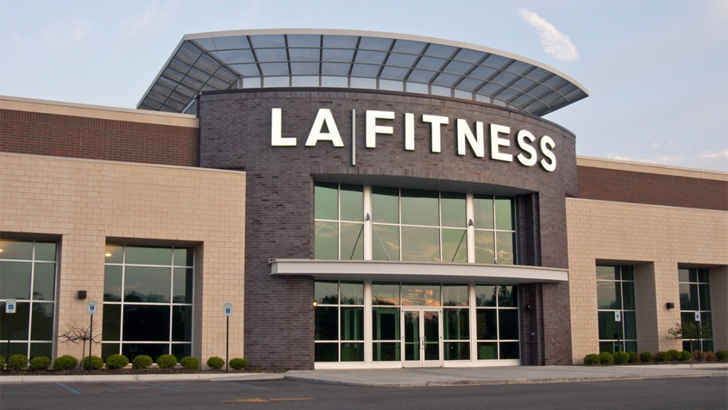
Millennials are a health conscious bunch but that doesn’t mean they’re signing up for costly gym memberships. Instead, Millennials prefer to stream their workouts via apps they can do in the privacy of their own home, or attend specialized classes such as CrossFit, Barre and Yoga. Boutique gyms, with less people and smaller classes, are still a hit with Millennials.
American Cheese
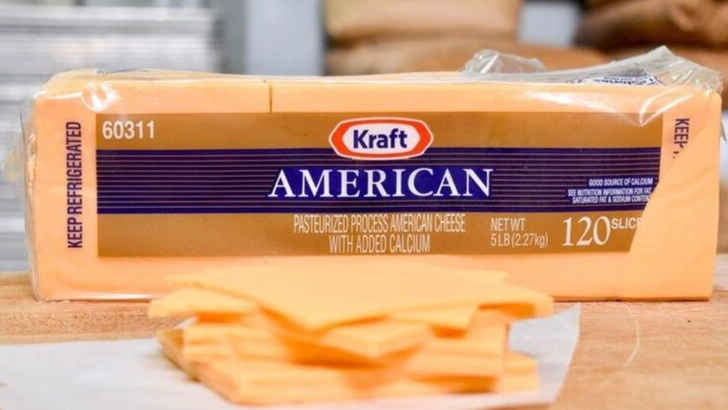
Millennials tend to view American cheese as synthetic and unhealthy, which has led to a drop in sales of artificial cheese. The farm-to-table movement is big with Millennials who want to know where their food is coming from and what ingredients it contains. Our grocery stores also now contain a wide array of affordable cheeses from around the world, something previous generations used to have to pay big bucks for. Millennials aren’t ditching cheese altogether but are instead more likely to purchase farmed cheese in a variety of different flavors.
Canned Tuna
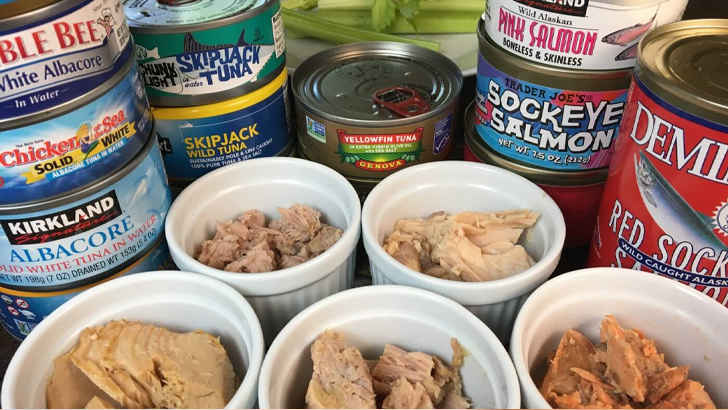
Millennials still eat tuna, but they prefer spending their hard-earned money on fresh tuna steaks over the canned variety. Fresh is best when it comes to Millennials and their food. The ethical concerns surrounding tuna fishing and dolphins is also a concern for Millennials, together with the risk of too much mercury consumption.
Cruises

It’s no secret the cruise industry has faced catastrophic blows during the coronavirus pandemic, but even before 2020 spending money on a cruise vacation wasn’t that popular among Millennials. Unlike their parents, Millennials aren’t drawn to all-inclusive vacations and instead prefer vacations offering a variety of different authentic experiences – cultural, environmental and culinary – something the cruise industry will need to take note of should they want to court the Millennial traveler.
Buying a House

All that student debt and rising house prices means one thing – the average Millennial just can’t afford to buy a home and if they can, they don’t want to be tied down to one place. The rise in remote working means Millennials can up and leave whenever they wish, living a nomadic lifestyle that doesn’t jive with home ownership. According to the US Census Bureau, approximately a third of Millennials own their own home and two-thirds of Millennial home owners actually regret their purchase citing maintenance costs and other expenses.
Cigarettes
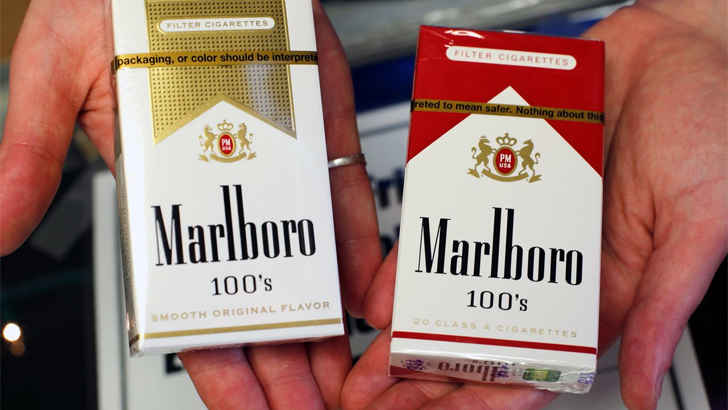
Millennials understand the impact of a healthy lifestyle on not only their general wellbeing, but also their finances so it’s no surprise Millennials avoid spending money on cigarettes. However, vaping is still popular among younger Millennials.
Landlines
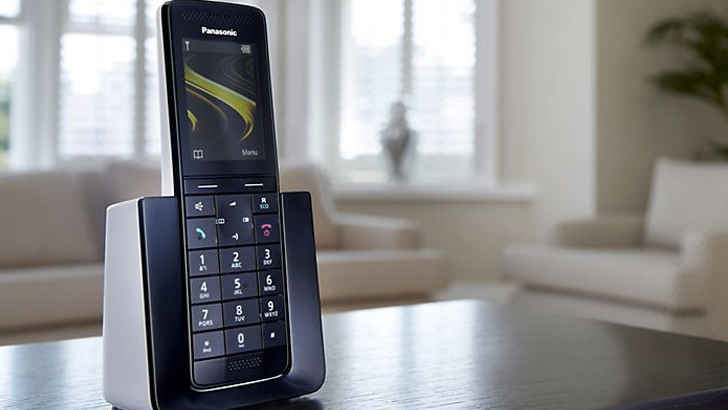
The average Millennial came of age in the cell phone era when we were no longer tied down to a home phone, so it makes sense that Millennials balk at paying for a landline. With most Millennials renting, the cost and hassle of setting up a landline and having to port the number when they move is an inconvenience they don’t want to deal with. Foregoing a landline in favor of a cell phone appeals to the Millennial love of convenience and freedom.
Mayonnaise
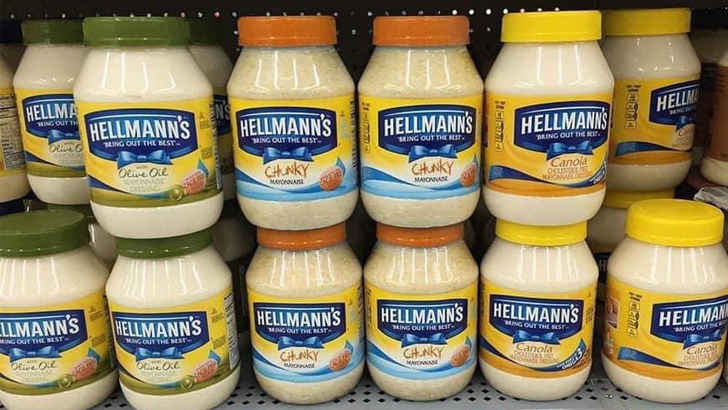
Who knew the humble jar of mayonnaise would fall prey to the discerning purchasing habits of the average Millennial? Sadly for regular mayo it doesn’t cut it anymore – unless it’s garlic mayo. Millennials are all about flavor, preferring spicy, exotic condiments such as salsa, wasabi and kimchi to smear on their favorite sandwich.
Stilettos
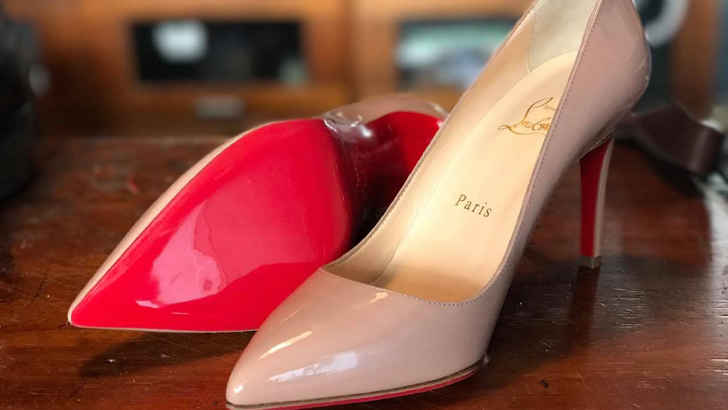
It wasn’t too long ago Carrie Bradshaw of Sex and the City fame was luring us in with her red-soled Louboutin’s, but sadly for shoe-afficianados everywhere, stilettos have fallen out of favor with the Millennial generation. With the athleisure wear trend still going strong and the rise of casual clothing in the business place, Millennials are all about comfort – and let’s face it, there’s nothing comfortable about sporting four-inch heels all day.
Movie Theaters
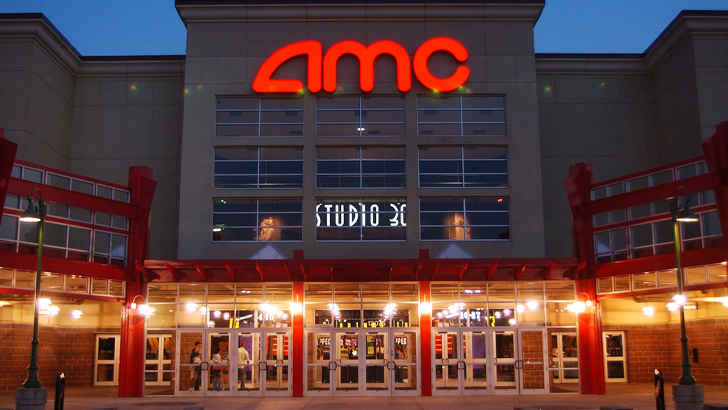
Going to a movie theater has been a growing expense since 2001, with ticket prices now averaging over $9 a pop – and that’s before you add in a massive tub of butter-soaked popcorn and sugar-laden soda. With the rise in streaming services, Millennials are ditching the pricey movie theater and opting to watch movies in the comfort of their own homes instead.
Designer Clothing
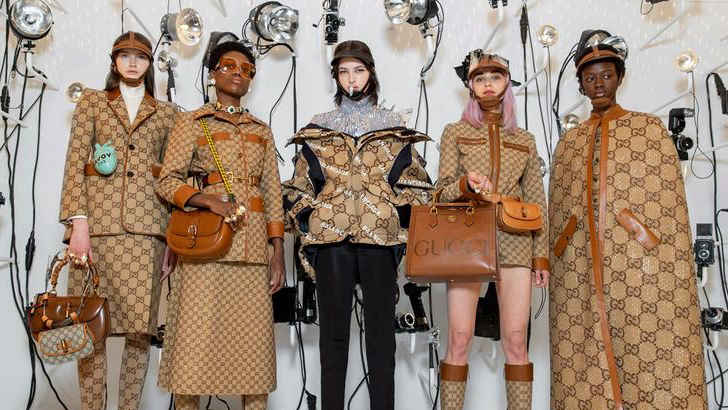
Millennials experienced the great recession of 2008, which saw an abrupt end to the designer clothing trend of the early 2000’s. Although the economy has bounced back since then, Millennials still avoid spending money on designer clothing. With MagnifyMoney reporting 56 percent of Millennials living paycheck-to-paycheck, spending money on expensive designer garbs is a big no-no. Instead, Millennials opt for more frugal purchases, including thrift stores and clothing swaps.
Life Insurance
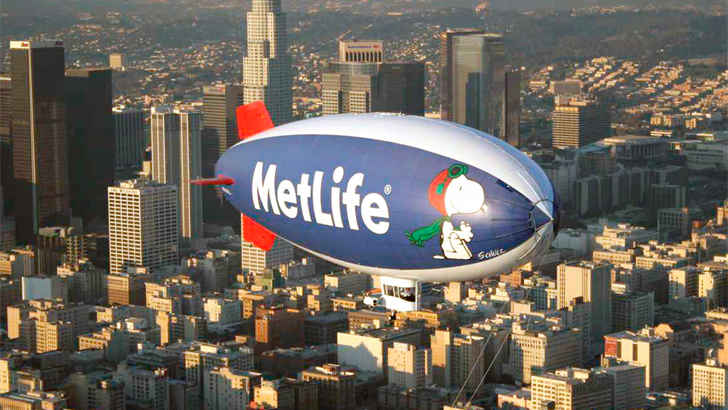
With Millennials holding off on having children until later (or sometimes not at all), purchasing life insurance isn’t at the top of their list to spend money on. Not only can purchasing life insurance seem like a daunting task, it also requires Millennials to commit to a long-term expense – something their budget may not allow for.
Hotels

With the rise of Airbnb and vacation rental homes, Millennials are less apt to book a hotel vacation. The Millennial generation is all about authentic travel experiences and getting to stay in a home versus a hotel offers Millennials more freedom and more space at a much lower cost, especially if traveling with friends.
Raisins
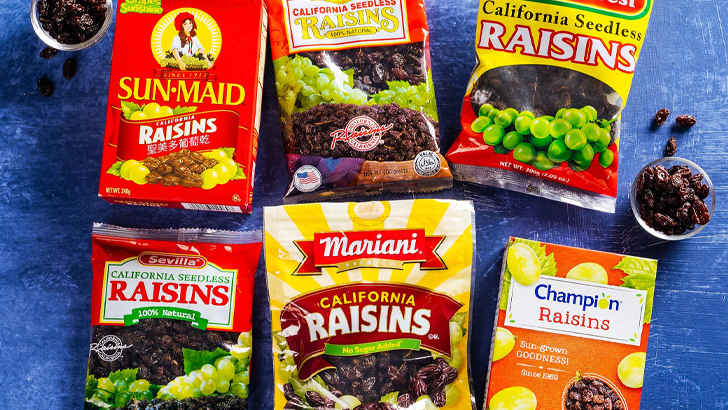
There’s no doubt most Millennials grew up with a box of raisins packed in their lunch boxes, but as adults this dried fruit isn’t something they normally pick up when shopping. As we’ve determined, Millennials are a health conscious bunch and raisins, unfortunately, are packed with sugar despite offering other health benefits including fiber and iron. In an effort to appeal to Millennials, Sun Maid is now offering different flavors of raisins including tropical punch and sour blue raspberry.
Milk
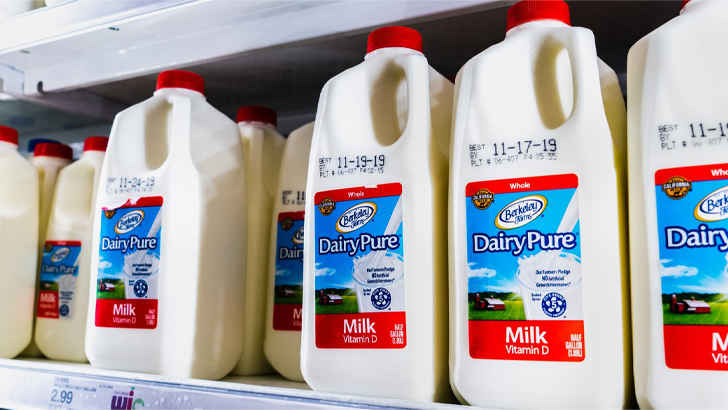
Picking up a carton of milk used to be an easy decision, but with the addition of various nut and oat milks along with lactose-free offerings, regular milk is experiencing a decline in sales among Millennials. Milk sales have dropped a whopping 40 percent since 1970 and Millennials are continuing the trend by opting for vegan or more environmentally friendly milk options.
Fast Casual Dining
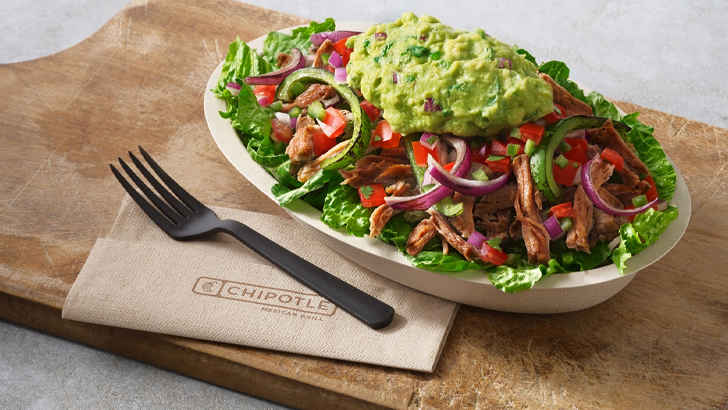
If Millennials were averse to spending their money eating at fast casual dining locations prior to 2020, the coronavirus pandemic definitely added fuel to the fire. With the popularity of meal subscriptions and delivery services, the cash-strapped average Millennial would prefer to cook and eat at home. If they do want to splurge on a restaurant meal, Millennials are more likely to opt for smaller, trendy restaurants and bistros.
Stocks

The financial crash of 2008 left Millennials feeling less than secure about investing in the stock market. According to Barron’s, only 13 percent of Millennials said they would be comfortable putting money into stocks – and that’s if they can afford to do so. According to Forbes, a Federal Reserve study found Millennials own just 5 percent of all wealth in America in stark contrast to the 26 percent share baby boomers had amassed at a similar age.
Pet Food
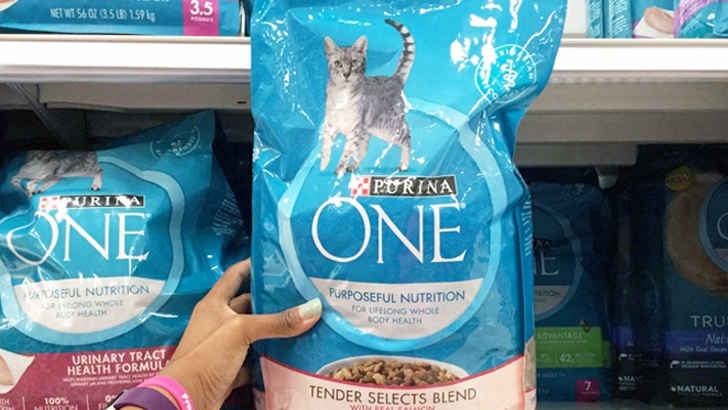
It’s not that Millennials don’t love their pets, they just don’t love mass-produced pet food. Millennials spend a lot of money on their pets, opting to feed their pampered pooch responsibly sourced pet food packed full of fresh ingredients. They’re also more likely to sign up for weekly boxed deliveries of fresh pet food. There’s a certain sector of the Millennial generation who do opt not to have pets for a variety of reasons, including cost of ownership, living in rented accommodation, or wanting to have the freedom to travel.
Napkins
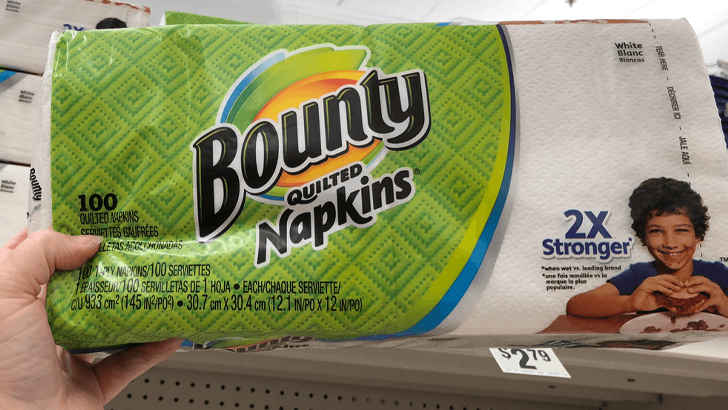
Why use a napkin when you can rip off a piece of paper towel? It goes without saying Millennials are all about convenience and cutting costs where necessary – so splurging on paper napkins is something they’re not prepared to spend money on. Millennials are also concerned with sustainability – and paper napkins just aren’t that eco-friendly. Instead, many Millennials are opting for cloth napkins that can be used over and over again.
China
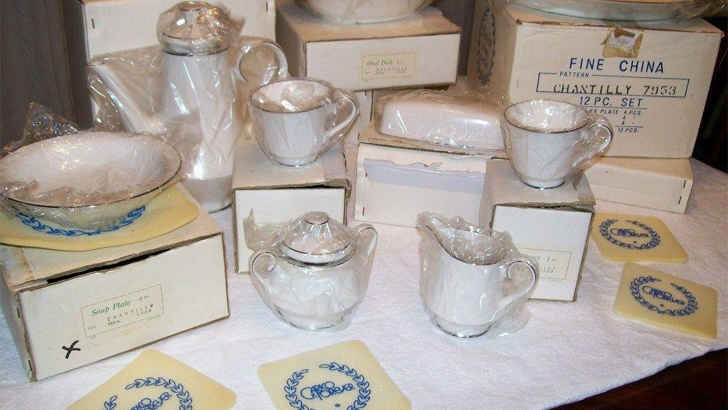
The days of formal dining are long gone and with that comes the demise of fine china. With smaller living areas, Millennials don’t have the space to store two, or three sets of fine china which only get used on special occasions. Instead, Millennials are opting for a more minimal lifestyle. As a whole, we are also a more casual society. If Millennials are throwing a dinner party, it’s likely to be a potluck or a barbecue where fine family heirloom china sets aren’t the star of the show.
Beer
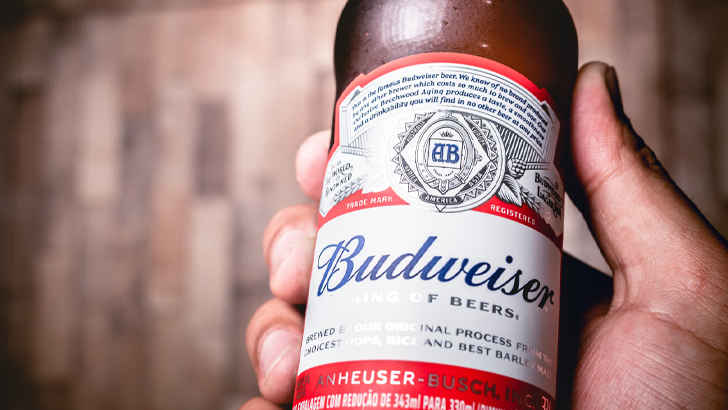
Beer – and in particular domestic beer – has dropped in popularity compared to the astronomic rise in seltzer sales. According to the New York Times, hard seltzer sales jumped from $500 million in 2018 to $4 billion last year, partly driven by the Millennial generation. To take advantage of this, domestic beer companies are hopping on the hard seltzer bandwagon and offering their own version of the bubbly, low calorie beverage. Millennials still enjoy a good glass of lager, or ale but opt instead for the experience of visiting a microbrewery, or purchasing a tasty craft beer instead.
Postcards
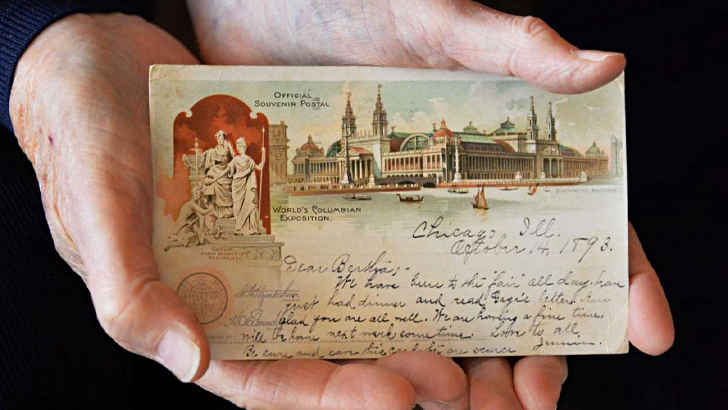
Who needs to send a postcard when you have the immediate – and beautifully filtered – Instagram post detailing your fabulous vacay! With the advent of social media, postcard sales have dropped dramatically with only around 5 million postcards being sold worldwide today, compared to 20 million in the early ‘90s.
More From Auto Overload
-


Strict Rules The Hells Angels Must Obey
-
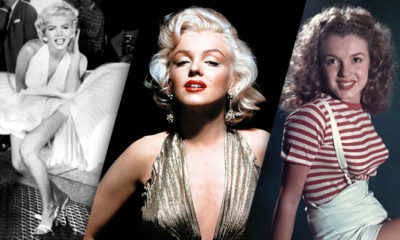

Rarely Seen Photos of Marilyn Monroe
-
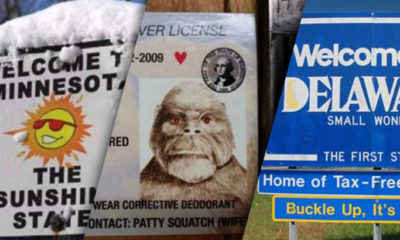

Biggest Stereotype About Each State
-


Worst Costume Errors In Movie History
-


All The Shows Being Canceled This Year
-


Fashion Mistakes That Make You Look Older
-


Most Paused Movie Moments Of All Time
-


Celebrities Who Served In The Military
-


Incredible Photos From The Titanic
-
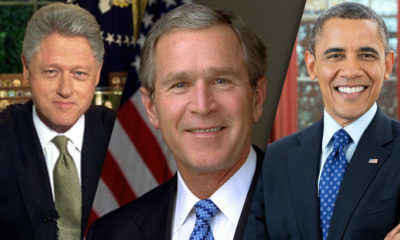

Smartest US Presidents According To IQ Score
-


Best Marvel Universe Characters
-


The Best Cheerleading Mishaps

